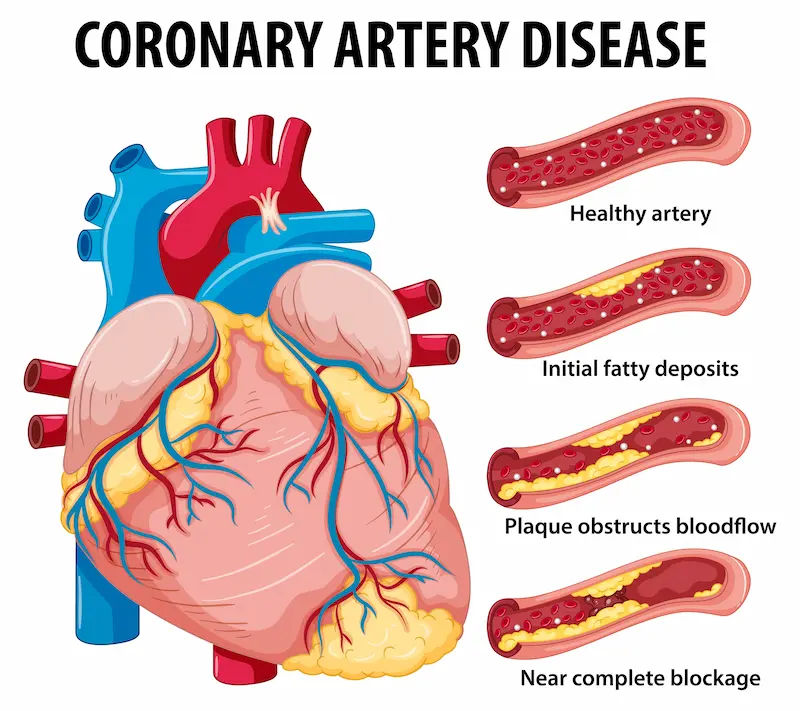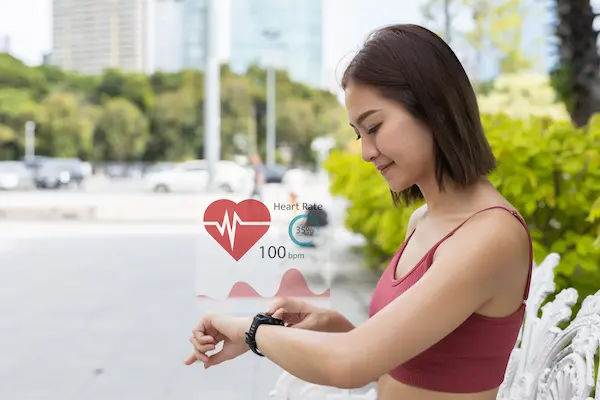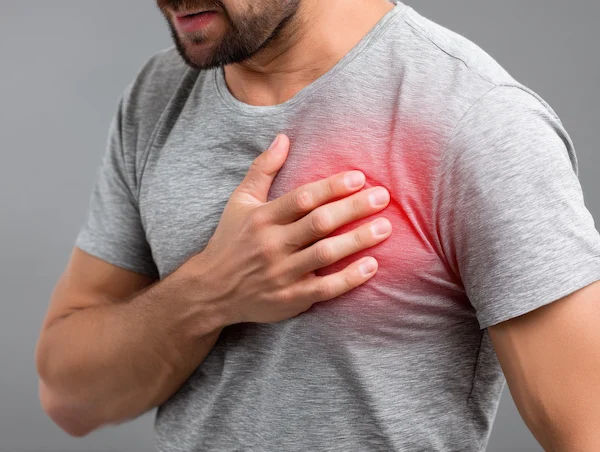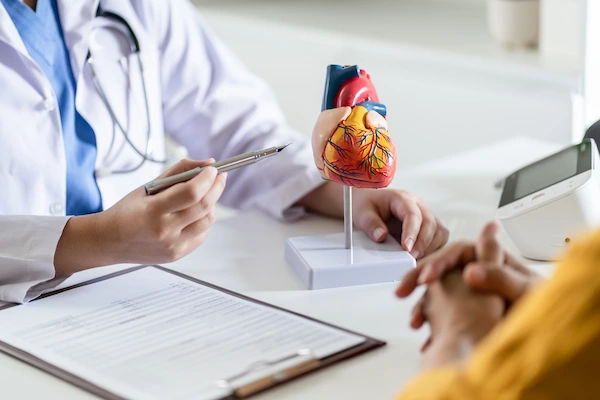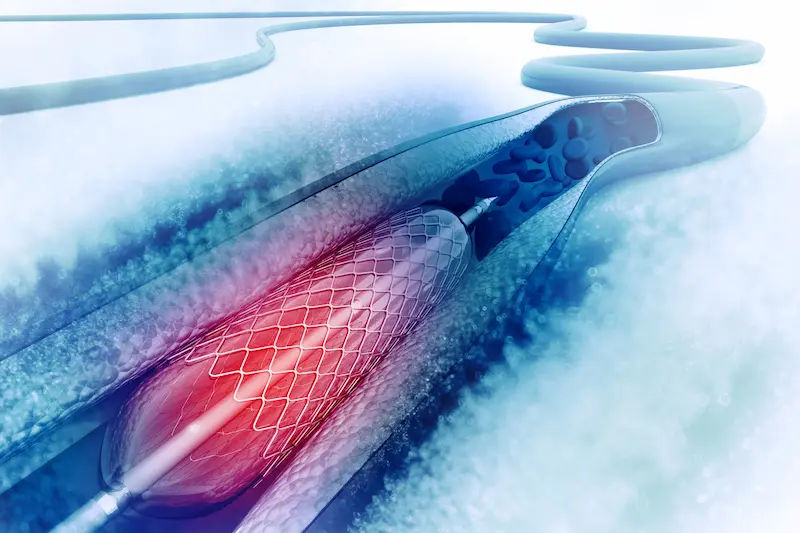- Male
- 34 Years
- 29/01/2025
I've been feeling a bit off lately and got a 2D echo. It says I have LV diastolic dysfunction type 1. I'm only 34. Is this something I should be really worried about? What should I do next?
Answered by 1 Apollo Doctors
LV diastolic dysfunction type 1 indicates that the left ventricle of your heart is not relaxing properly during the filling phase. In such cases, it is important to manage any underlying conditions that may be contributing to this dysfunction. Treatment may include medications such as ACE inhibitors like Enalapril 5-20mg once daily or ARBs like Losartan 25-100mg once daily to help improve heart function and reduce symptoms. It is also important to make lifestyle changes such as maintaining a healthy diet, regular exercise, and avoiding smoking to support heart health. Regular follow-up with your healthcare provider is essential to monitor your condition and adjust treatment as needed.
Dr. Ibrahim Suggests...
Consult a Cardiologist
Answered 04/07/2025
0
0

More Cardiology Health Queries
View allI'm thinking about stopping my hypertension medication because I've managed to control it myself. But I'm worried about any possible side effects from discontinuing the meds on my own. What should I consider before making this decision?
Visit your Physician for evaluation and appropriate management
Answered by 1 Apollo Doctors
I'm really worried because my blood pressure is reading 16080, which seems pretty high. Should I be concerned about potential heart problems in the future? I'm also noticing my pulse rate is at 98. What do you think could be going on here?
with single reading we don't justify it's bp it is due to anxiety also check bp continuosly for 3 days
Answered by 1 Apollo Doctors
I'm worried because my dad, who just recently had an angioplasty, is now dealing with a runny nose, cough, and sore throat. Could these symptoms affect his recovery from the angioplasty? What steps should we take?
See a specialist for accurate diagnosis and targeted treatment.
Answered by 1 Apollo Doctors
Disclaimer: Answers on Apollo 247 are not intended to replace your doctor advice. Always seek help of a professional doctor in case of an medical emergency or ailment.
